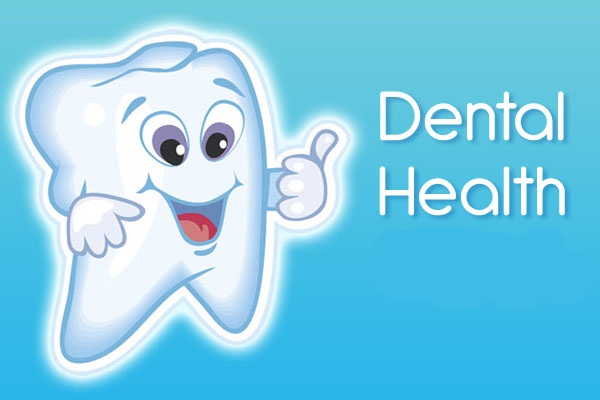
A beautiful smile is a gift endowed by nature that one must always cherish. But are you afraid that your smile will no longer draw the desired attention it once gained?
Here’s how to improve your overall teeth health.
In case you lose a whole tooth:
Science has made it possible to re-fix your tooth, the only thing expected of you is to save it the proper way. You can hold it back at the same place till you get immediate medical help or you can preserve it by wrapping it in a plastic pouch. Another way to save it is by keeping it immersed in milk while you rush to your dentist.
For sparkling white teeth:
Who doesn’t want a sparking set of teeth! If daily brushing doesn’t do the trick then feel free to try any of these tips.
- Dip you toothbrush into a bowl of organic apple cider vinegar and brush as usual.
- The same goes with baking soda, as you can take a pinch of baking soda and brush your teeth with it.
- But beware of overusing any of the above mentioned products as using it on a daily basis can strip the enamel coating off your teeth. Therefore, it’s safe to use baking soda or organic apple cider only once a week.
Apart from the above mentioned tips one must make sure not to indulge in drinking any dark coloured colas as they contain chromogens and acids which are the major culprits for your teeth stains.
- Use a straw to drink smoothies, colas and other juices to save your teeth from the harmful effects of acidic presence in the drink.
- Smoking cigarette can wreak havoc on your teeth, so if your conscious of your smile then its time you chuck the habit.
To soothe your sore throat:
- Gargle with ‘organic apple cider vinegar’ to soothe your sore throat. It is considered the best option for mouth’s health due to its anti-bacterial and anti-fungal properties.
- Salt water gargle is another age-old remedy for sore throat.
- Taking Lozenges every 3-4 hours can be soothing as it keeps the mouth moist by producing saliva which further minimises the parched feeling.
- To keep the cavity-causing plaque off your teeth:
- Saliva is nature’s teeth-cleaning agent, it has all the necessary properties required to keep your teeth clean enough.
Hence the question arises, why to brush if saliva is enough?
Our mouth produces least amount of saliva at night, therefore, if something sticks to your teeth during dinner and you go off to sleep without brushing then it comes under germ attack. And if you make it a habit of not brushing your teeth at night due to laziness (known to be the famous reason world-wide) then with the passing of time, it will lead to yellowing of the teeth, stains and plaque build-up.
By the time you brush your teeth in the morning, the germ attack might already have had ruined your breath and teeth health.
Selecting a mouthwash:
While shopping for a mouthwash, one must make sure it’s alcohol-free. Too much alcohol content in the mouthwash can backfire by drying out the saliva producing glands and tissues in your mouth leading to bacteria production.
To clean your tongue the best way:
Your tongue is a host for plaque causing bacteria, therefore it is imperative to clean your tongue on a daily basis.
People usually prefer cleaning their tongue with a toothbrush. Though it is the most preferred way, one should be cautious enough not to brush too hard as it can damage the taste buds.
It’s better to choose your tongue cleaners carefully. A tongue scrapper or a brush specifically designed to clean the tongue is a far better option than a regular toothbrush!
Natural ways to improve your teeth health:
- Glass of milk a day can surely keep the dentist away!
- Rinse your mouth after 15 minutes of every meal
- Munch on celery and raw carrots!
- Major myth broken!
- Myth- Apples are good for teeth!
- Truth- Apples contain a good amount of sugar which has the potential to degrade your teeth’s quality by raising the acid levels in the mouth.
Therefore, rinse your mouth immediately after eating an apple, or drink some water.
Source: zee news



